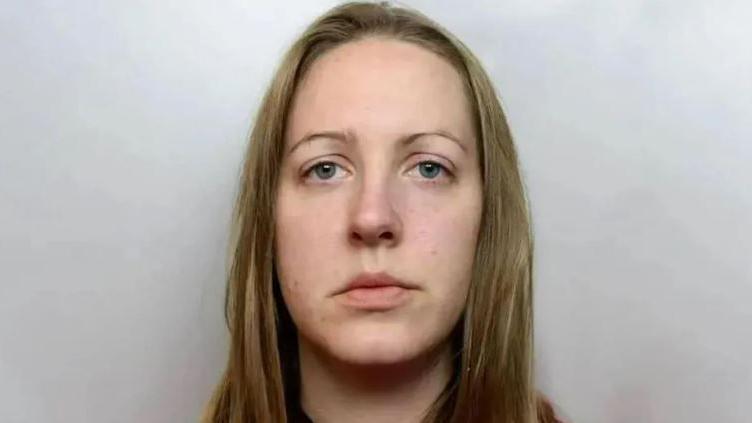Urgent care boss 'out of depth' over Letby claims
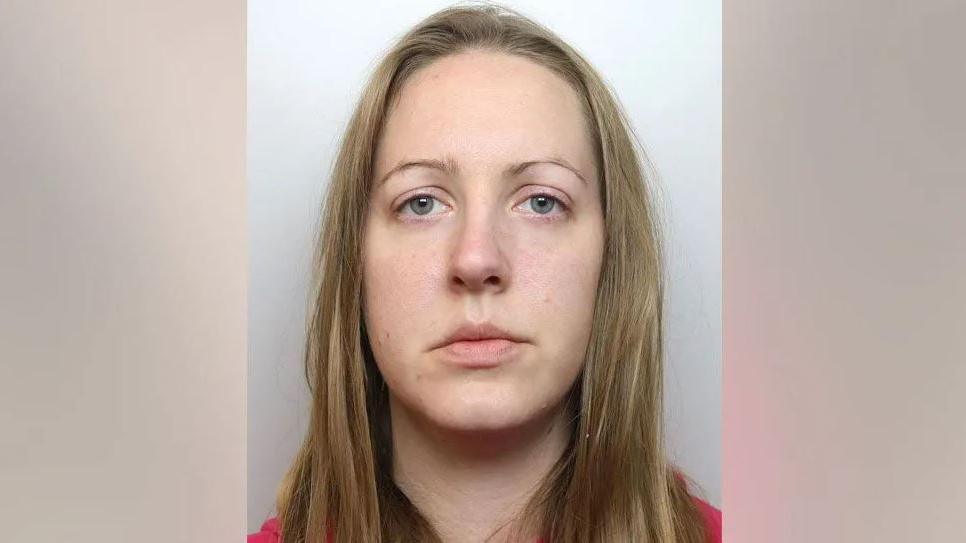
Lucy Letby is serving 15 whole life prison sentences after being convicted of seven murders and eight attempted murders
- Published
A hospital director said she felt “out of her depth” when dealing with doctors' concerns about the serial killer nurse Lucy Letby.
Karen Townsend, divisional director of urgent care at the Countess of Chester Hospital, was questioned at the public inquiry into Letby's crimes at Liverpool Town Hall.
Ms Townsend was asked why she did not take more action when senior doctors told her they were concerned that Letby was associated with an increase in unexpected deaths and collapses on the neonatal unit.
She told the inquiry she did not have "clinical insight" into the situation and was being led by how the "executive team wanted to manage it".
The Thirlwall Inquiry heard Ms Townsend became aware of concerns at a meeting with consultant Dr Ravi Jayaram at a coffee shop in the hospital on 24 June 2016.
The meeting took place after the death of a triplet known as Baby O, who Letby was later convicted of murdering, but before she killed the second triplet, known as Baby P.
The possibility of calling in the police was then discussed at another meeting with senior managers on 30 June 2016, but the inquiry heard this did not happen until 2017.
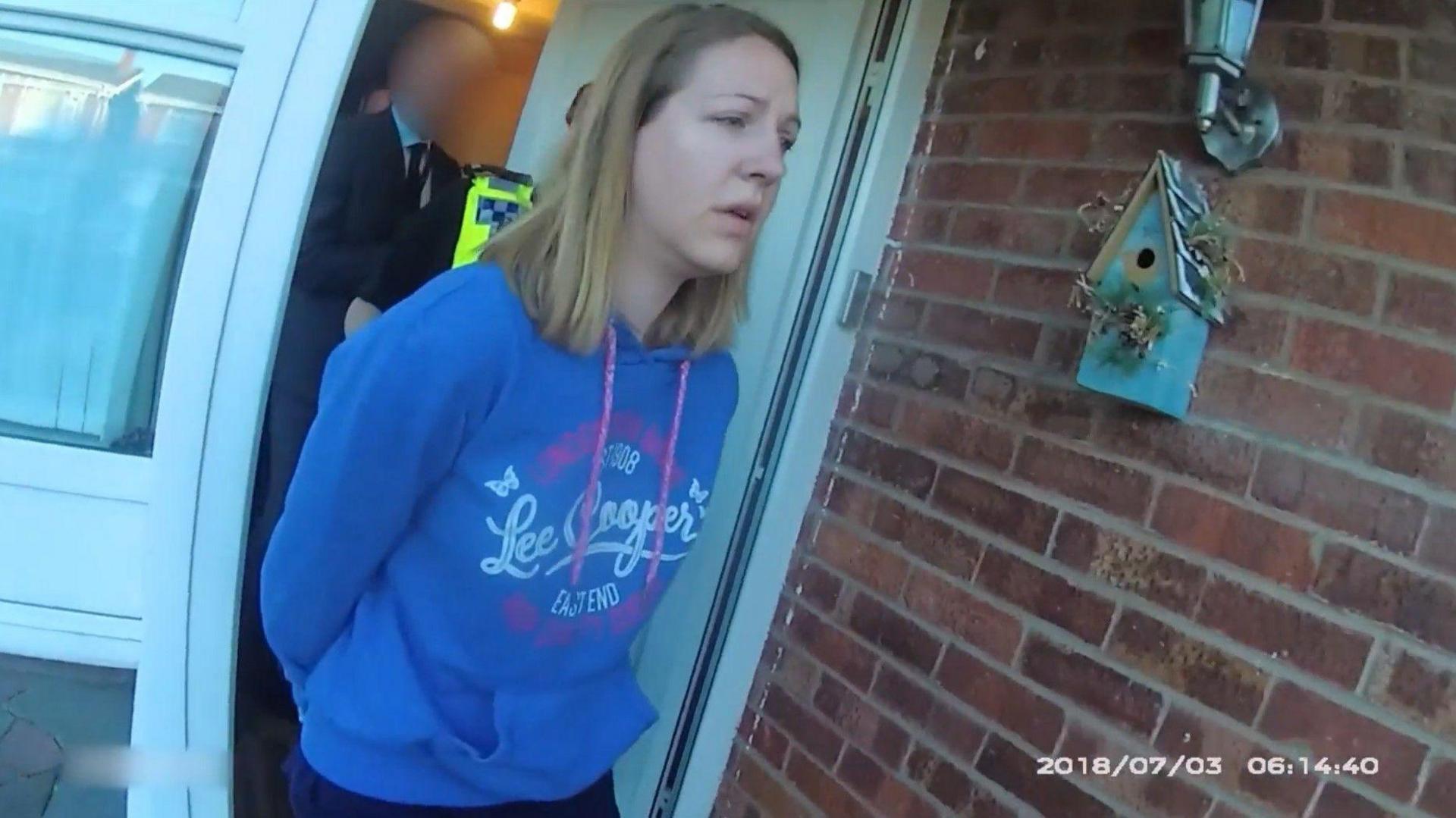
Concerns about Lucy Letby were raised with senior executives more than a year before the police were called in
Ms Townsend was asked if she thought the police should have been called by the end of June that year.
She said “I probably felt out of my depth because I didn’t have the clinical insight, I didn’t have the clinical knowledge and this was a very, very serious situation and I felt I was very much being led by how the executive team wanted to manage it at that time because of how awful a scenario it was.”
She was also asked why she did not add the concerns raised by Dr Jayaram - which he told her were shared by his colleague Dr Stephen Brearey - to the hospital risk register after their meeting.
Ms Townsend told the inquiry there were "no details" shared at the "ad-hoc" meeting and added: “It was a very vague reference, there was no evidence to substantiate [ the concerns]."
She said she did seek advice from Karen Rees, the head of nursing in urgent care at the time.
Asked why she did not immediately inform the hospital executive team, Ms Townsend said: "That was kind of my naivety in my role but also [Drs Jayaram and Brearey] had those concerns and obviously they had far more detail than I.”
'I did not know'
She questioned why the doctors had not gone to the executive team themselves.
Richard Baker KC, a barrister representing some of the families of Letby’s victims, pointed out that the meeting Ms Townsend had with Dr Jayaram was taking place at times when Letby was attacking Baby P.
He asked her: “On reflection do you think it required urgent action from you to remove Lucy Letby [from the neonatal unit] ?”
Ms Townsend replied: “So all of what you've articulated I did not know.
"I had no sight, nor did I hear anything. The conversation I had with Dr Jayaram was very brief.
"He and Dr Brearey and some of his colleagues had some concerns.
"We didn't go into any detail and there was certainly no specifics that you've just articulated.”
Mr Baker asked how much detail she would have needed before taking action if a doctor said he was worried about a nurse attacking babies.
She said: “The terms 'attacking' and 'harming' weren't used at all."
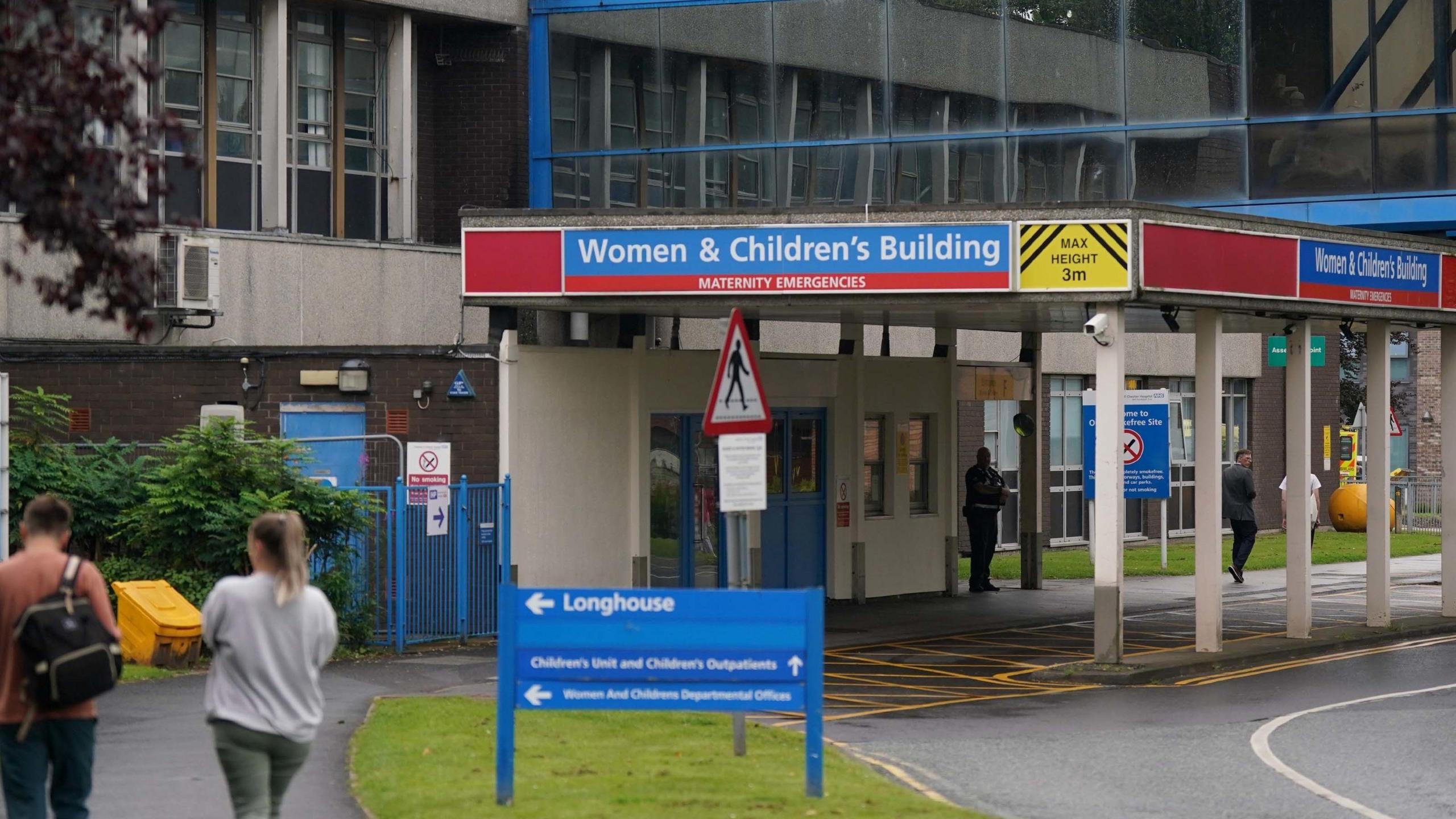
Later, Ruth Millward, a patient safety manager, told the inquiry that there was an unhealthy culture in the NHS to copy people into emails so people can say they have passed on information.
Ms Millward, who was head of risk and patient safety at the hospital, was asked about an email she and others received from a consultant in March 2016 which identified a number of unexpected deaths on the neonatal unit and had a table showing which nurses were on duty.
She said: "There’s a very unhealthy culture in the NHS to copy people into emails so you can say that you have told so and so when in fact you haven’t, and from what I can recall of the email this is not a final report.
"The email had no specific instruction. It’s unfair to say I’m obliged to open an email and open an attachment and read it.”
She later said "at no point did any of the consultants say to me ‘I am concerned that Lucy Letby is deliberately harming babies’. That was never voiced to me and I don’t recall being in a room when that was ever voiced."
Ms Millward said one of her reflections given in her statement to the inquiry was that the consultants did not use the hospital’s then governance processes to report their concerns.
When asked by counsel to the inquiry if this was why the concerns were not effectively taken sufficiently seriously, she replied: “Absolutely.
"They didn’t do that and because they bypassed the system and had informal conversations with the executive team there’s no traceability, there’s no transparency, there’s no critical challenge."
Letby, originally from Hereford, was eventually convicted of murdering seven babies and attempting to murder a further seven, including two attempts on the same victim, all between June 2015 and June 2016.
She is serving 15 whole life prison terms and has had appeals against her convictions rejected by the Court of Appeal.
The inquiry continues.
Listen to the best of BBC Radio Merseyside on Sounds and follow BBC Merseyside on Facebook, external, X, external, and Instagram, external. You can also send story ideas to northwest.newsonline@bbc.co.uk, external
Related topics
- Published24 October 2024
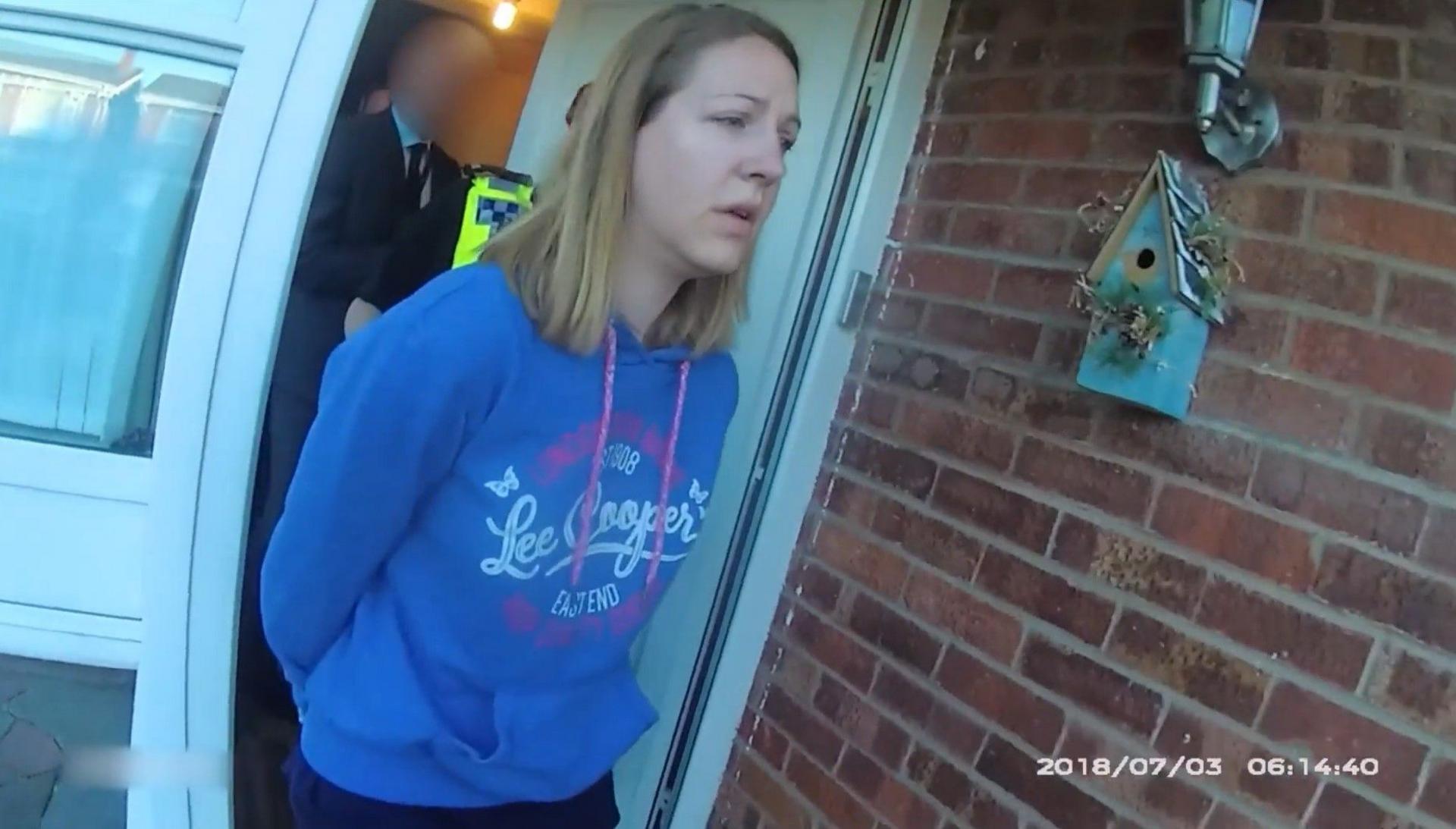
- Published22 October 2024
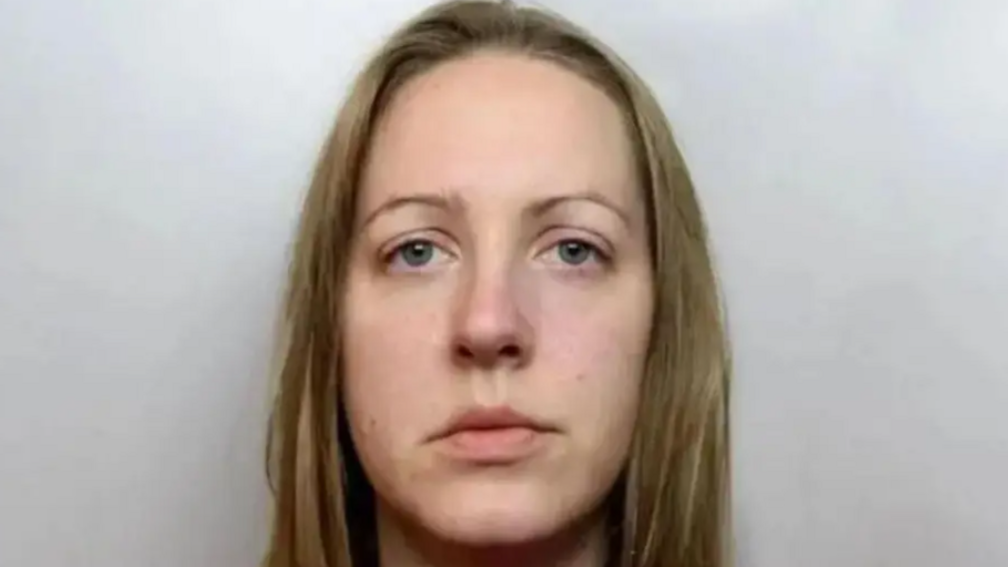
- Published9 October 2024
